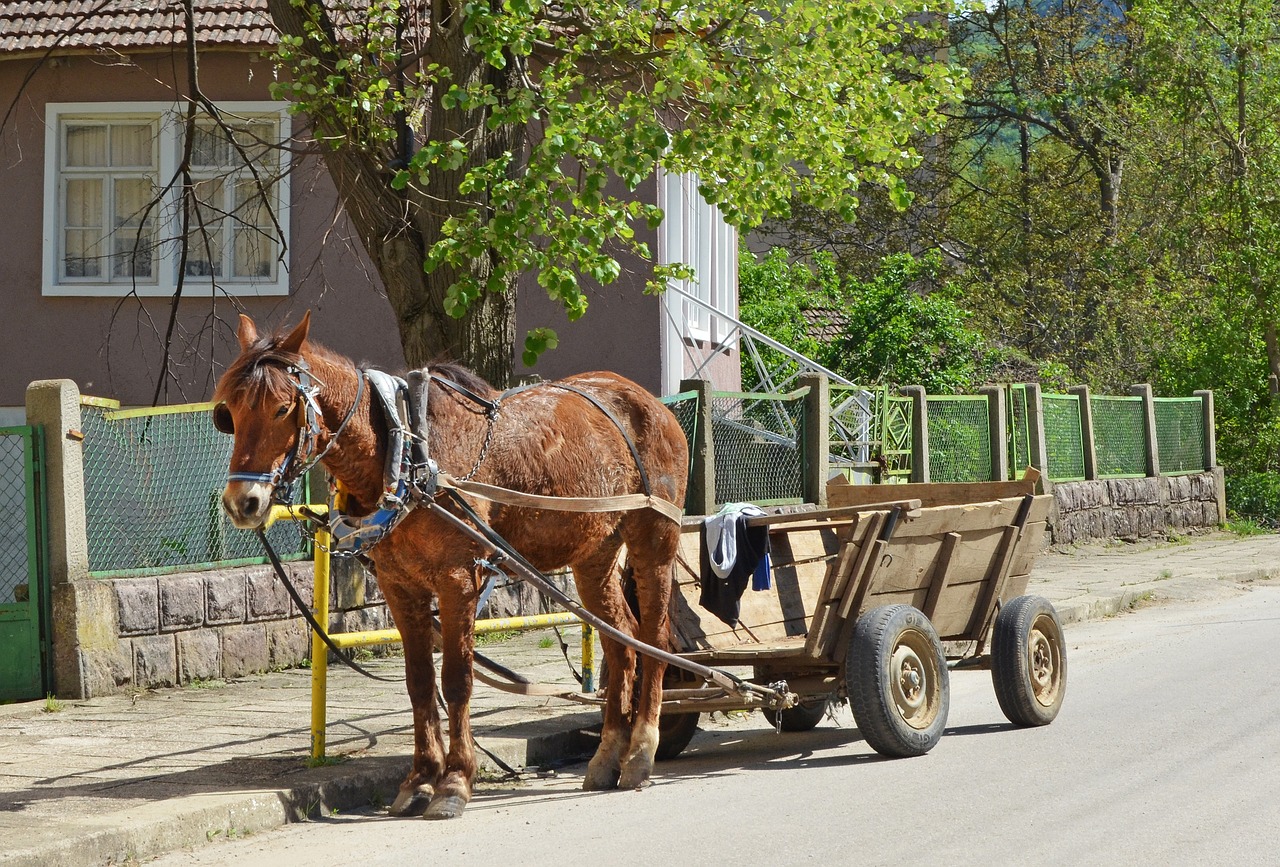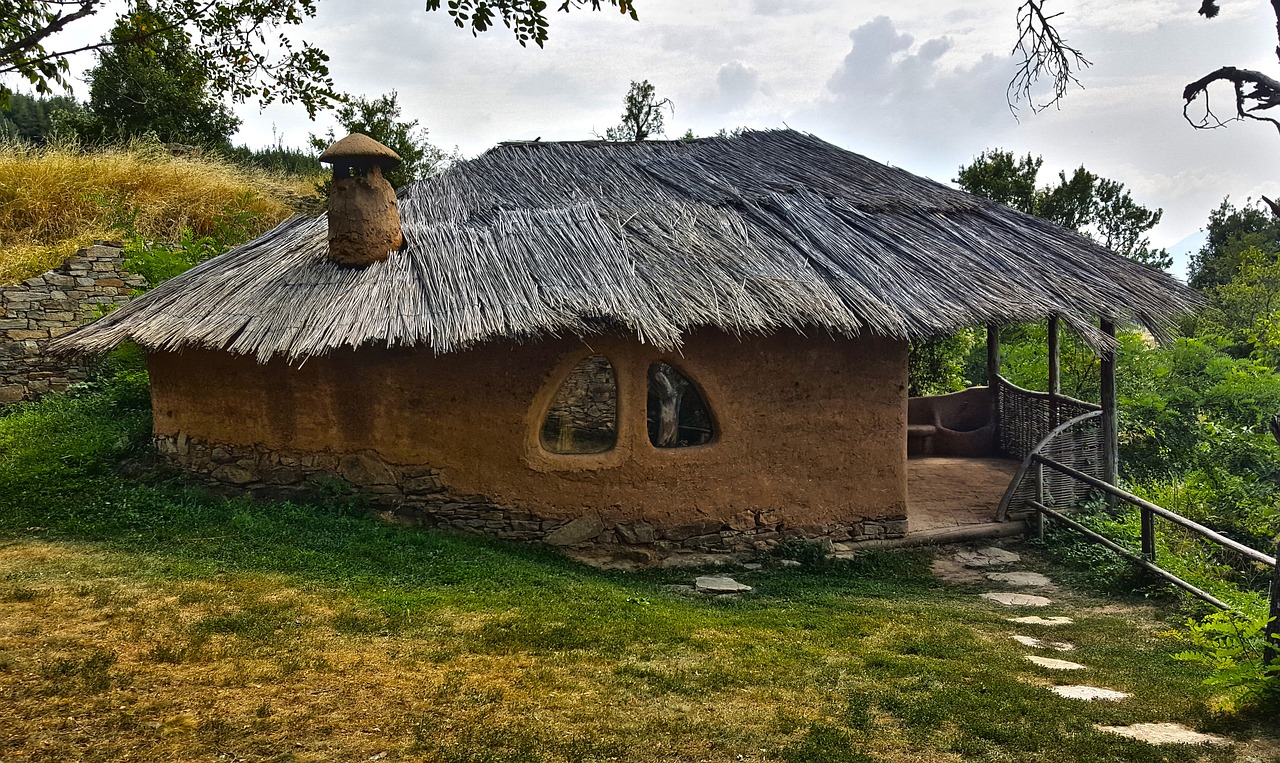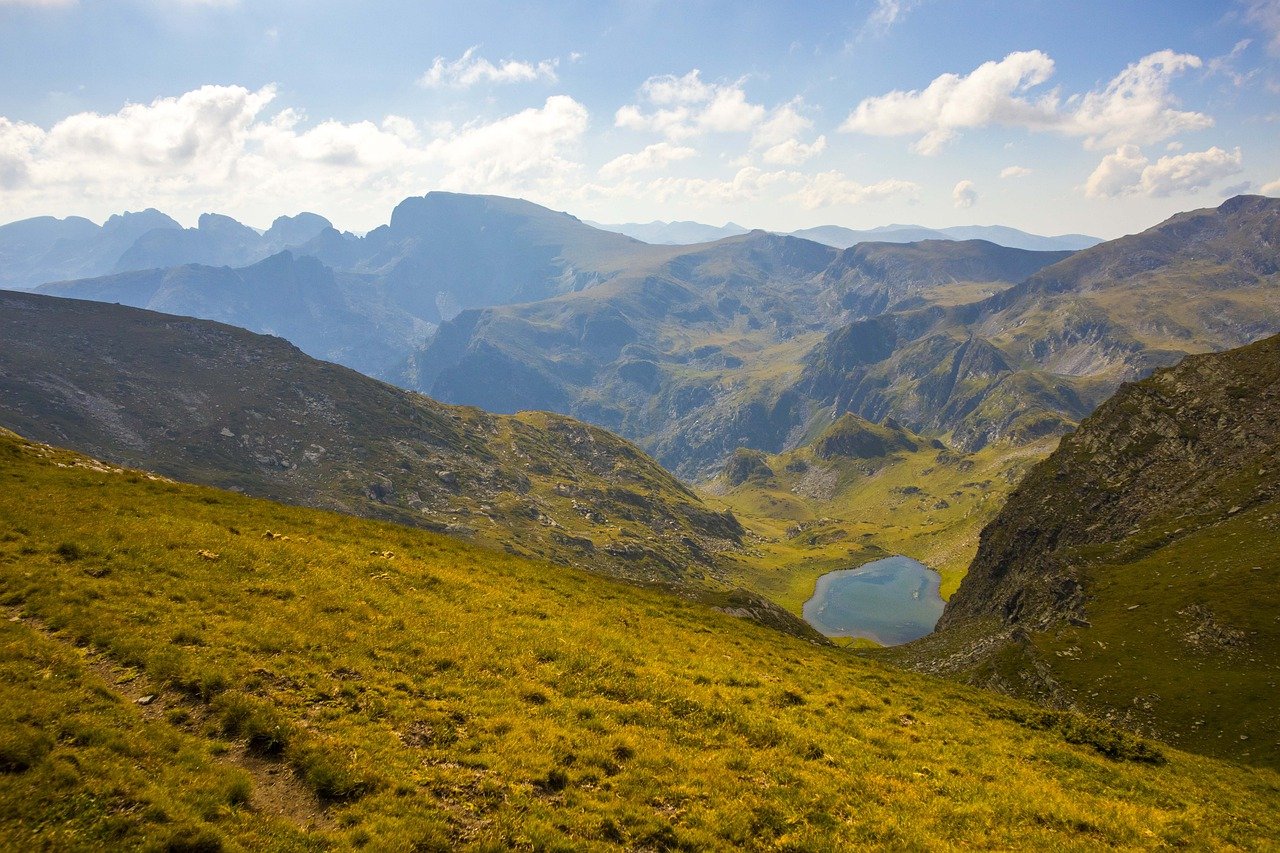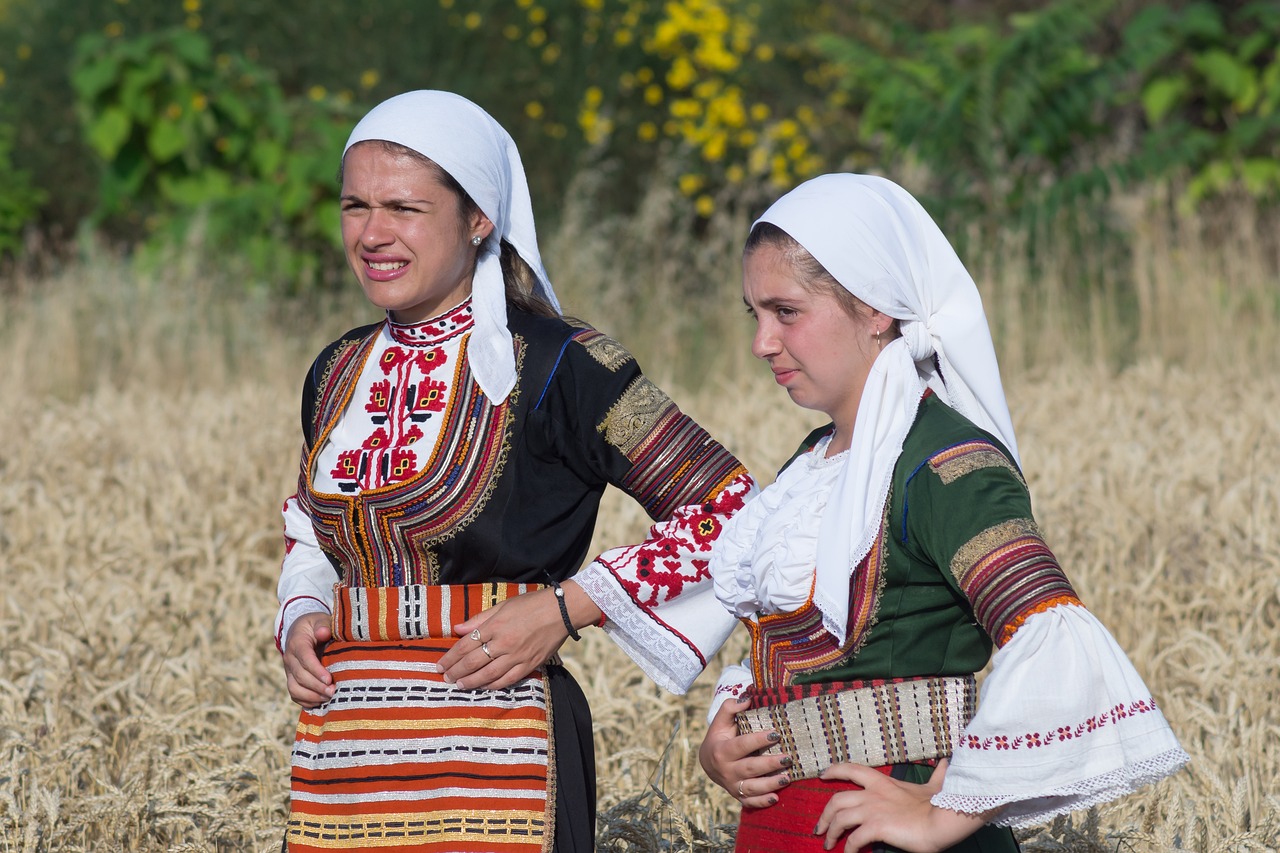Bulgaria Video
Local Celebrations and Holidays: What to Expect in Bulgaria
Bulgaria, a country located in Eastern Europe, is known for its rich cultural heritage and vibrant traditions. The country celebrates a variety of local celebrations and holidays throughout the year, each with its own unique customs and festivities. From religious observances to national holidays, Bulgarians take great pride in their traditions and love to share them with visitors. In this article, we will explore some of the most significant local celebrations and holidays in Bulgaria, providing you with insights into what to expect when experiencing these cultural events.
Christmas: A Festive Celebration
Christmas is one of the most important holidays in Bulgaria, celebrated on December 25th. The festive season kicks off with the lighting of the Christmas tree in every town and city. Bulgarians gather to sing carols and exchange gifts with their loved ones. Traditional Bulgarian dishes, such as banitsa (a pastry filled with cheese), are prepared and enjoyed during the Christmas feast. The streets are adorned with beautiful decorations, and you can expect to see various Christmas markets offering handmade crafts and local delicacies.
- Christmas Eve: Bulgarians celebrate Christmas Eve with a traditional meal called “Badni Vecher.” The table is set with an odd number of dishes, usually seven, which symbolize abundance and prosperity. The meal typically includes dishes like stuffed peppers, beans, and fish. After dinner, families attend midnight church services to welcome the birth of Christ.
- Christmas Day: On Christmas Day, families gather for a festive meal and exchange gifts. Many Bulgarians attend church services to celebrate the holiday and participate in religious ceremonies.
- Koleduvane: During the Christmas season, groups of young people, known as “koledari,” go from house to house, singing traditional carols and spreading good wishes. In return, they receive small gifts or money as a token of appreciation.
Baba Marta: Welcoming Spring
Baba Marta, meaning “Granny March,” is a unique Bulgarian tradition that welcomes the arrival of spring. On March 1st, Bulgarians exchange “martenitsi,” small red and white tassels or bracelets made of wool, as a symbol of good luck and protection from evil spirits. These martenitsi are worn until the first signs of spring, such as blossoming trees and flowers, are seen.
- Martenitsa Exchange: During Baba Marta, it is customary to give and receive martenitsi. Family, friends, and colleagues exchange these red and white tokens, wishing each other good health and prosperity for the upcoming year. The martenitsi can be worn as bracelets, brooches, or tied to trees as an offering to nature.
- Martenitsa Customs: Once the martenitsa is worn, it should not be removed until the wearer sees a stork or a blossoming tree. At that point, the martenitsa is either tied to a branch or left under a stone to bring good luck and fertility.
- Baba Marta Dolls: During this time, you may come across small dolls representing Baba Marta. These dolls are often made of fabric and are believed to bring good fortune and protect against illness.
Easter: A Religious Celebration
Easter is a significant religious holiday in Bulgaria, celebrated with great enthusiasm and devotion. The date of Easter varies each year, following the Orthodox Christian calendar. The celebrations start with the Holy Week, leading up to Easter Sunday.
- Good Friday: On Good Friday, Bulgarians attend church services and participate in processions, commemorating the crucifixion of Jesus Christ. The atmosphere is somber, and churches are adorned with flowers and candles.
- Easter Sunday: Easter Sunday is the most important day of the Easter celebrations. Bulgarians attend midnight church services, where the resurrection of Christ is announced. The service is followed by a joyful procession, with people carrying lit candles.
- Easter Traditions: After the church service, families gather for a festive meal, which typically includes lamb, dyed eggs, and traditional Easter bread called “kozunak.” The red eggs are exchanged among family and friends as a symbol of new life and resurrection.
Image 1:

Ivanovden: St. John’s Day
Ivanovden, also known as St. John’s Day, is a popular Bulgarian holiday celebrated on January 7th. It marks the beginning of the new agricultural year and is associated with various customs and rituals.
- Jumping over Fires: During Ivanovden, people gather around bonfires and jump over them three times, symbolizing the purification of body and soul. It is believed that this ritual brings good health and protects against evil spirits.
- Water Blessing: In some parts of Bulgaria, a cross is thrown into a river or a lake, and young men compete to retrieve it. It is believed that the person who retrieves the cross will have good luck throughout the year.
- Feast and Dancing: Ivanovden is also a time for feasting and dancing. Traditional Bulgarian dishes, such as roasted lamb and banitsa, are prepared and shared among family and friends. Folk dances and music fill the streets, creating a lively and festive atmosphere.
Bulgaria Image 2:

Independence Day: A Celebration of Freedom
Independence Day, celebrated on September 22nd, is a national holiday in Bulgaria that commemorates the country’s liberation from the Ottoman Empire in 1908. The day is marked with various events and festivities throughout the country.
- Flag Raising Ceremony: The celebrations start with a flag raising ceremony, where the Bulgarian national flag is hoisted in public squares and government buildings. This symbolic act represents the country’s independence and sovereignty.
- Parades and Concerts: Independence Day is accompanied by parades showcasing the Bulgarian military, cultural performances, and concerts featuring traditional music. These events bring together people from all walks of life to celebrate their shared heritage and freedom.
- Fireworks: The day concludes with spectacular fireworks displays in major cities across the country. Families and friends gather to watch the colorful explosions in the night sky, creating a festive and joyful atmosphere.
Image 3:

Rozhen National Folklore Festival: A Cultural Extravaganza
The Rozhen National Folklore Festival is one of the largest and most renowned cultural events in Bulgaria. It takes place annually in the Rozhen Meadows near the town of Melnik during the first weekend of August. The festival aims to preserve and showcase Bulgarian folklore traditions.
- Folklore Performances: The festival features vibrant performances by folklore ensembles, showcasing traditional Bulgarian music, dance, and costumes. Visitors can enjoy various regional dances, songs, and instrumental performances, providing a glimpse into the rich cultural heritage of the country.
- Handicrafts and Local Cuisine: Artisans and craftsmen from different regions of Bulgaria gather at the festival to display and sell their handmade crafts. Visitors can explore a wide range of traditional items, including pottery, woodwork, textiles, and jewelry. Local delicacies, such as banitsa and Bulgarian wine, are also available for tasting.
- Workshops and Contests: The festival offers interactive workshops where participants can learn traditional Bulgarian crafts, such as weaving or pottery. Additionally, various contests, such as folk singing and traditional costume competitions, are held, adding an element of excitement and friendly competition to the event.
Conclusion
Bulgaria’s local celebrations and holidays offer a fascinating glimpse into the country’s rich cultural heritage. From the festive Christmas traditions to the colorful Baba Marta customs, these celebrations showcase Bulgaria’s deep-rooted traditions and strong sense of community. Whether you visit during Christmas, Easter, or any other local celebration, you are sure to be captivated by the vibrant atmosphere, delicious cuisine, and warm hospitality of the Bulgarian people.
References
- bulgariatravel.org
- visitbulgaria.net
- bulgarianproperties.com
- bulgariatravel.org
- folklorefestival.bg


